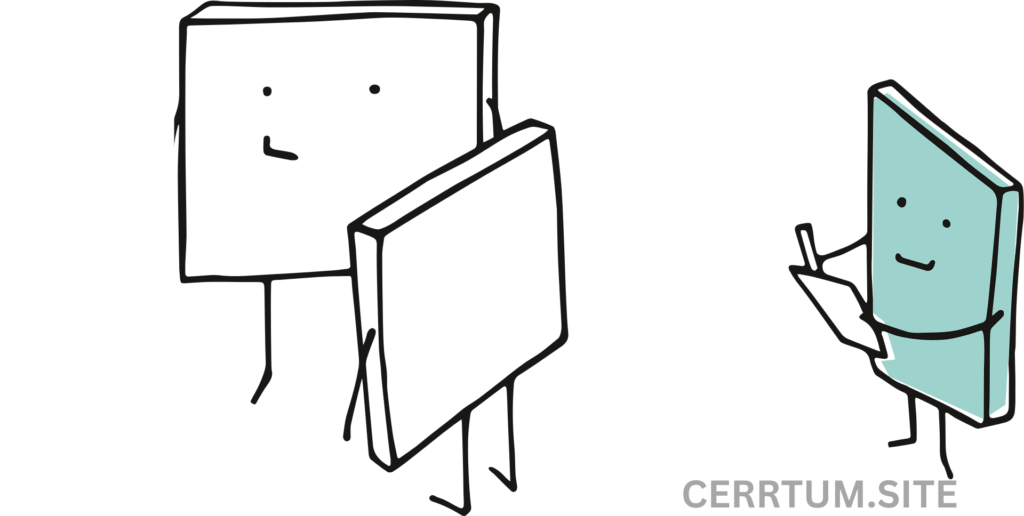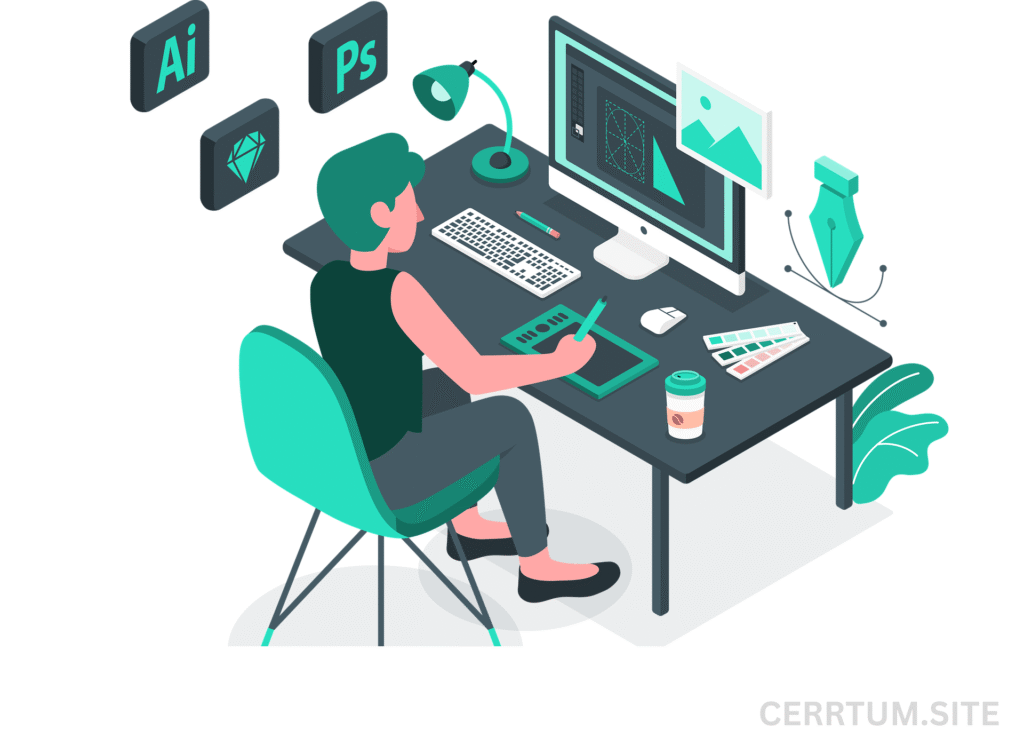Web development is crucial in determining our interactions with knowledge, companies, and communities in the digital age of today. A web development internship is one of the greatest ways to start a career in this fascinating and ever-changing industry as the need for digital skills continues to rise. Whether your degree is in computer science, self-taught programming, or coding boot camps, internships provide real-world experience, insightful mentoring, and a competitive advantage in the employment market.
This post covers web developer internships, including what they are, how to get one, the skills you’ll need, and how they may affect your career.

What Is a Web Developer Internship?
Usually lasting three to six months, a web development internship is a temporary position meant to provide students or future developers real-world knowledge in designing, creating, and managing websites or online apps. Usually working alongside designers, project managers, and other departments, interns work under the direction of seasoned developers.
Common Tasks Assigned to Interns:
- Writing HTML, CSS, and JavaScript codes
- Creating or editing UI components
- Troubleshooting bugs and resolving minor issues
- Assisting in the development of front-end or back-end features
- Participating in code reviews and team meetings
- Working with version control tools like Git
- Learning to use frameworks and development tools
Types of Web Developer Internships
Web development is a broad field, and internships may specialize in different areas. Here are the most common types:
1. Front-End Developer Internship
This internship focuses on the visual and interactive elements of websites and applications. You’ll work with HTML, CSS, JavaScript, and often frameworks like React or Vue.js.
2. Back-End Developer Internship
It involves server-side logic, database management, and API development. Common languages include Python, PHP, Java, Ruby, and Node.js.
3. Full-Stack Developer Internship
This internship encompasses both front-end and back-end responsibilities. Full-stack interns work on end-to-end solutions, touching every part of the application stack.
4. Web Design & Development Internship
Includes web development with a strong emphasis on UI/UX design. You might use tools like Adobe XD, Figma, or Sketch along with coding.
Benefits of a Web Developer Internship
1. Real-World Experience
You’ll learn how development works outside the classroom, including workflows, best practices, and real deadlines.
2. Portfolio Development
Every task or project you contribute to can be showcased in your portfolio, demonstrating your skills to future employers.
3. Mentorship and Networking
Working with professionals gives you direct access to advice, career guidance, and potential job referrals.
4. Resume Boost
An internship shows initiative, hands-on experience, and work ethic—all crucial in the competitive tech job market.
5. Potential Job Offer
Many companies hire interns as full-time employees if they perform well during the internship.
Skills Required for a Web Developer Internship
While companies understand that interns are still learning, having certain foundational skills will increase your chances of being selected.
Essential Technical Skills
- HTML & CSS—The backbone of web structure and design
- JavaScript—Adds interactivity and logic to web pages.
- Responsive Design—Ensures compatibility across devices.
- Version Control (Git/GitHub)—Essential for collaboration
- Basic Debugging Tools—Like Chrome DevTools
Additional Technical Skills (Optional)
- JavaScript libraries (e.g., jQuery)
- Front-end frameworks (e.g., React, Angular)
- CMS experience (e.g., WordPress, Drupal)
- Basic SQL or NoSQL database knowledge
- Backend languages like Python, PHP, or Node.js
- APIs and RESTful services
Soft Skills
- Communication
- Time management
- Problem-solving
- Adaptability
- Attention to detail
- Willingness to learn
How to Get a Web Developer Internship
Finding an internship in web development takes preparation, persistence, and a strong presentation of your abilities.
1. Build a Portfolio
Before applying, create 3–5 small projects to showcase:
- A personal website
- A portfolio site
- A to-do list app
- A simple blog or e-commerce demo
Host them on GitHub Pages, Netlify, or Vercel, and include the links in your resume.
2. Create a Professional Resume
Highlight:
- Technical skills
- Relevant coursework or certifications
- Personal or school projects
- Volunteer or freelance web work
- Soft skills and achievements
3. Write a Tailored Cover Letter
ExplaiExplain why you are interested in the company, what skills and experiences you bring to the table, and your eagerness to learn.it concise and genuine.
4. Use Job Boards and Platforms
- Indeed
- Glassdoor
- AngelList (for startups)
- Internships.com
- Remote OK
- Your college’s career portal
5. Apply to Startups and Small Companies
They often offer more hands-on experience and faster decision-making.
6. Attend Networking Events and Hackathons
Many companies scout talent at events like coding competitions, meetups, and conferences.
What to Expect During Your Internship
1. Orientation and Onboarding
You’ll learn about the company culture, development tools, team structure, and project goals.
2. Assigned Mentor
Most interns are paired with a senior developer who provides guidance, feedback, and support.
3. Daily Stand-Ups
Short meetings to discuss what you’ve done, what you’re working on, and any roadblocks.
4. Task-Based Assignments
You’ll start with smaller tasks such as:
- Styling a component
- Fixing a UI bug
- Writing a JavaScript function
As you prove yourself, you may be given more complex responsibilities.
5. Team Collaboration
You’ll likely work with cross-functional teams that include designers, QA testers, and product managers.
6. Feedback and Reviews
Regular code reviews and performance feedback will help you grow.
Challenges You Might Face
1. Imposter Syndrome
It’s nIt is normal to feel like you don’t belong or know enough. Remember, internships are for learning.ber, internships are for learning.
2. Steep Learning Curve
You mayExposure to new technologies and complex codebases is possible.questions and take notes.
3. Time Management
BalancBalancing deadlines, tasks, and learning requires organization. Use tools like Trello or Notion.ools like Trello or Notion.
4. Communication
If youIf you are shy or introverted, working with a team might feel intimidating. Practice expressing your thoughts clearly and asking for help.ice expressing your thoughts clearly and asking for help.
How to Succeed as a Web Development Intern
1. Be Curious
ExplorExplore the tools, frameworks, and workflows that your team uses. Read documentation, watch tutorials, and ask questions.documentation, watch tutorials, and ask questions.
2. Take Initiative
If you finish your tasks early, offer to help others or ask for more responsibility.
3. Keep a Journal
Log what you learn each day. This helps reinforce knowledge and track your progress.
4. Seek Feedback
Actively ask your mentor or manager how you’re doing and where you can improve.
5. Document Your Work
CreateCreate a case study or write a blog post about the project you completed, as it is great for your portfolio.great for your portfolio.
6. Build Relationships
Stay in touch with your team after the internship. These connections can lead to job offers or recommendations.
Remote Web Developer Internships
Remote internships are increasingly common and offer flexibility but come with their own set of expectations.
Pros:
- No need to relocate
- Flexible hours
- Opportunity to work with global companies
Cons:
- Limited face-to-face interaction
- Self-motivation required
- Communication challenges
Tips for remote interns:
- Set a schedule and workspace.
- Be proactive in communication.
- Use video calls and chat tools regularly.
Web Developer Internship vs. Entry-Level Job
Feature Internship Entry-Level Job Duration: 3–6 months Permanent (full-time or part-time) Compensation May be unpaid, a stipend, or hourly pay. Paid (salary or hourly) Experience Required Little to none Some experience or a strong portfolio Responsibilityl: Guided, learning-focused Higher responsibility, more independence Objective Learning, training, networking Productivity, contribution to business goals

Conclusion
More than simply a résumé builder, a web development internship is a necessary experience bridging the gap between education and employment. It gives real-world exposure to web development, from coding and debugging to team cooperation and agile processes. Whether you’re writing your first lines in HTML or studying complex JavaScript frameworks, an internship offers the groundwork for a successful career in tech.
By developing a solid portfolio, learning consistently, and embracing every opportunity during your internship, you set yourself apart from the competition and take a major step toward your goal of becoming a professional web developer.